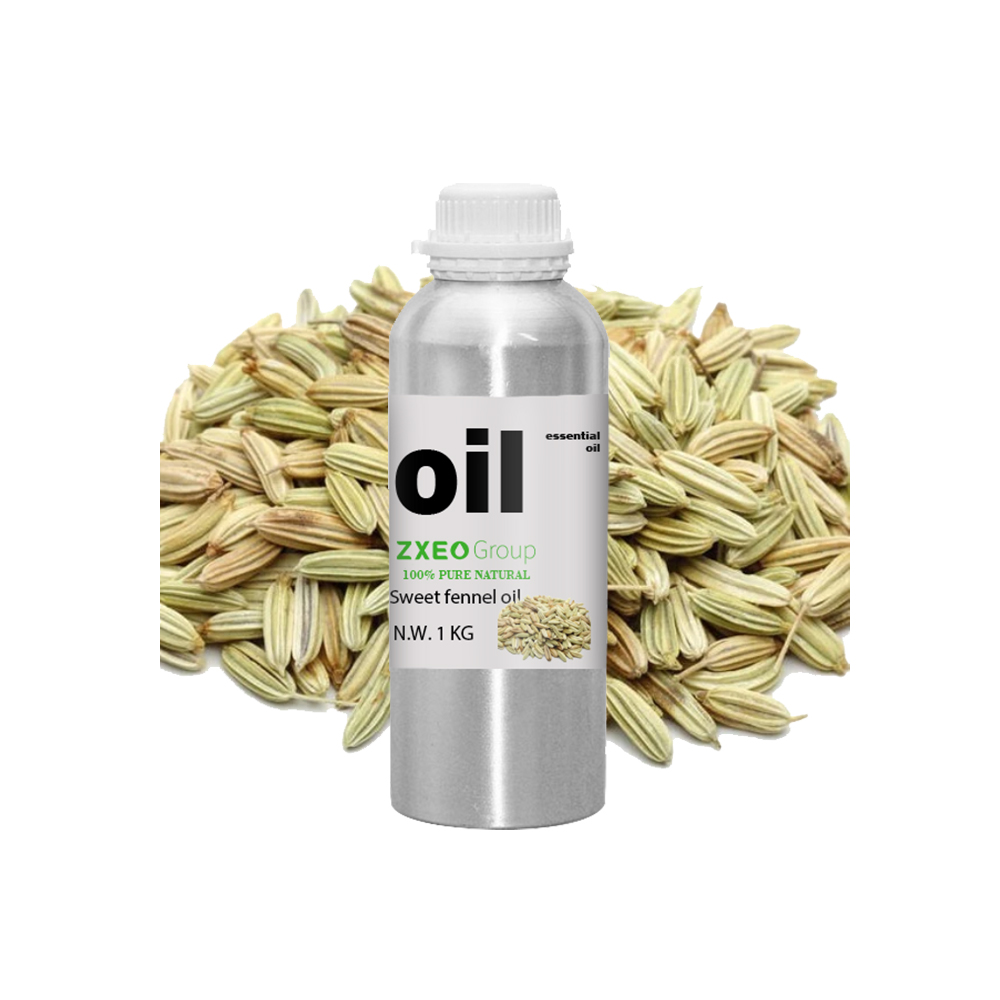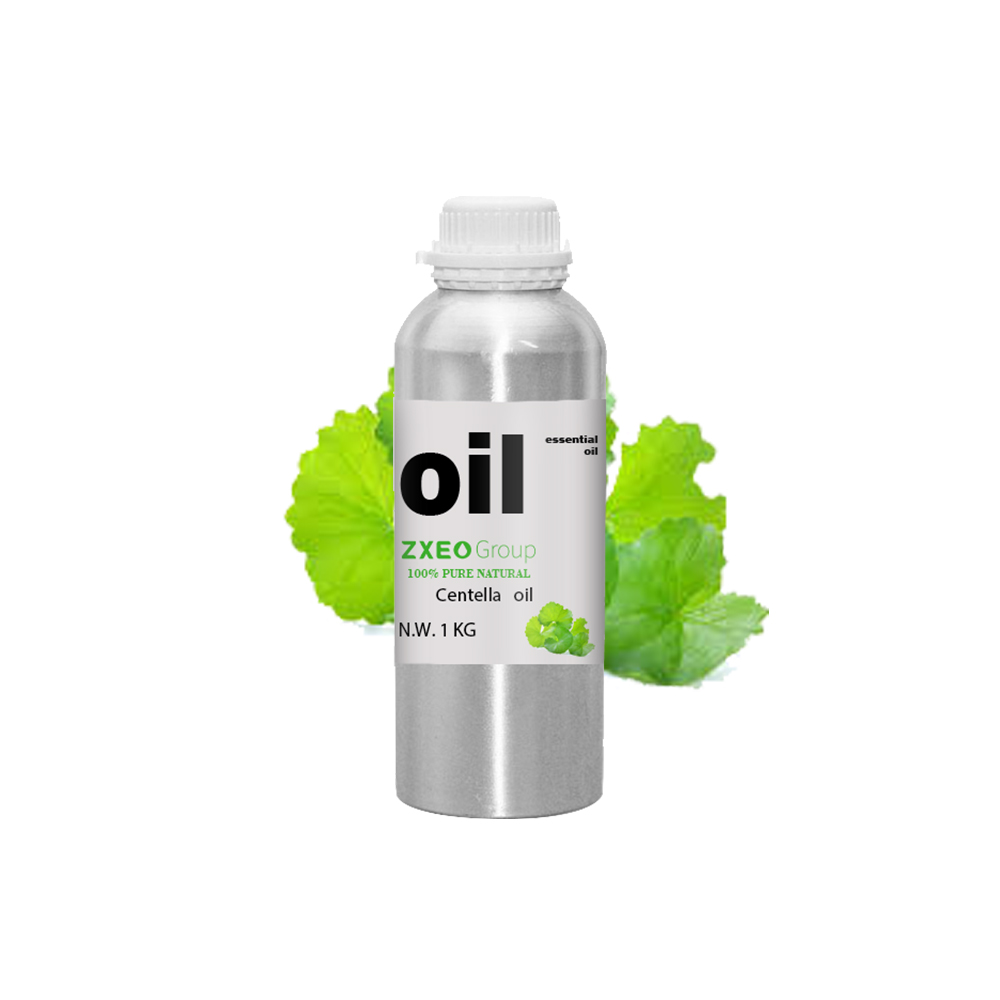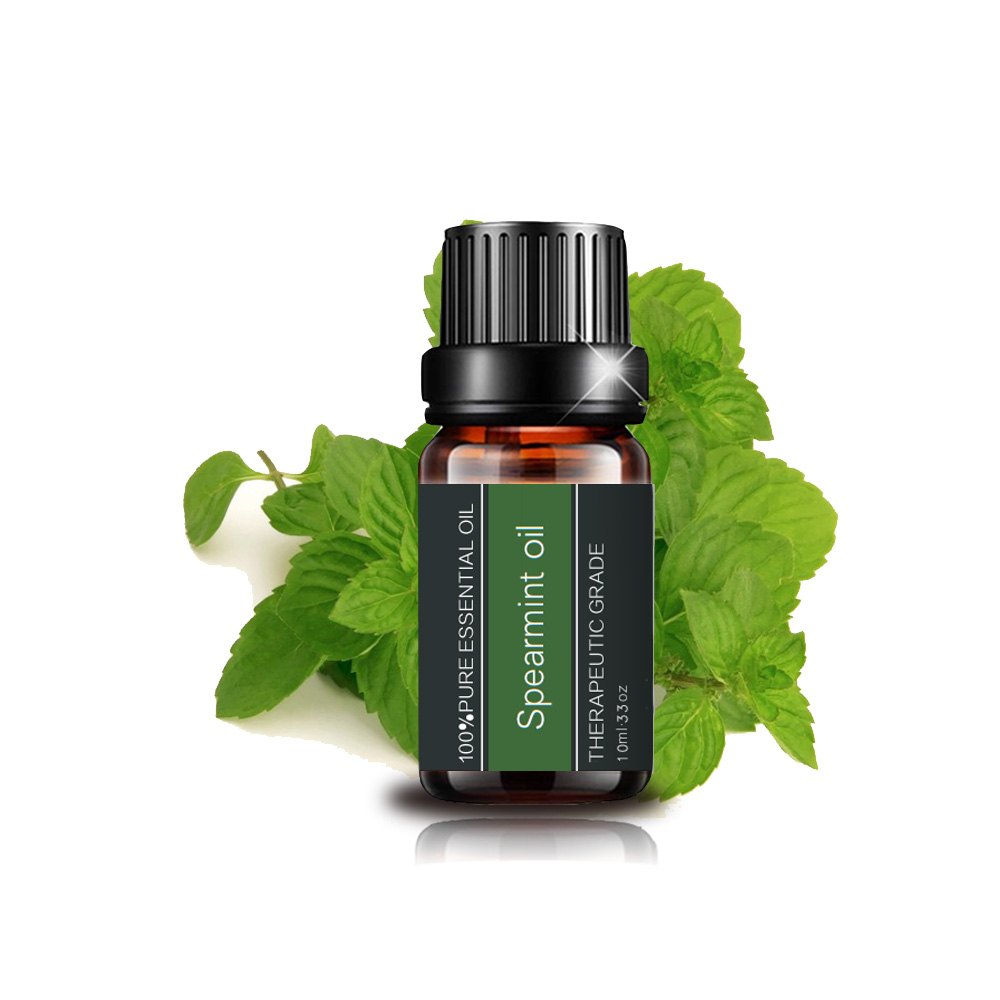Wholesale 100% Pure & nature zedoary turmeric Essential oil for anti-inflammatory
Zedoary Essential Oil is one of the most widely used ingredients in the perfumery and flavor industry. This oil has long, been a part of the folk medicine. Zedoary essential oil is normally extracted by steam distillation of the rhizomes of the plant Curcuma zedoaria, which is a member of the ginger family Zingiberaceae. The extracted oil is normally golden yellow viscous liquid that have a warm-spicy, woody & camphoraceous cineolic odor reminiscent of ginger. The oil is quite beneficial for digestive systems and is used as a gastrointestinal stimulant in flatulent colic. It also prevents stress ulceration. It can also be used in healing different kinds of wounds and cuts on the body. It can be used as an antioxidant and is commonly used to help in sexual problems experienced by both sexes. It also helps in keeping the body temperature warm during fever. It is used as a condiment, as a flavoring for liqueurs and bitters, in perfumery, and medicinally as a carminative and stimulant.
The essential oil contains D-borneol; D-camphene; D-camphor; cineole; curculone; curcumadiol; curcumanolide A and B; Curcumenol; curcumenone curcumin; curcumol; curdione; dehydrocurdione; alpha-pinene; mucilage; starch; resin; sesquiterpenes; and sesquiterpene alcohols. The root also contains numerous other bitter substances; tannins; and flavonoids.

















